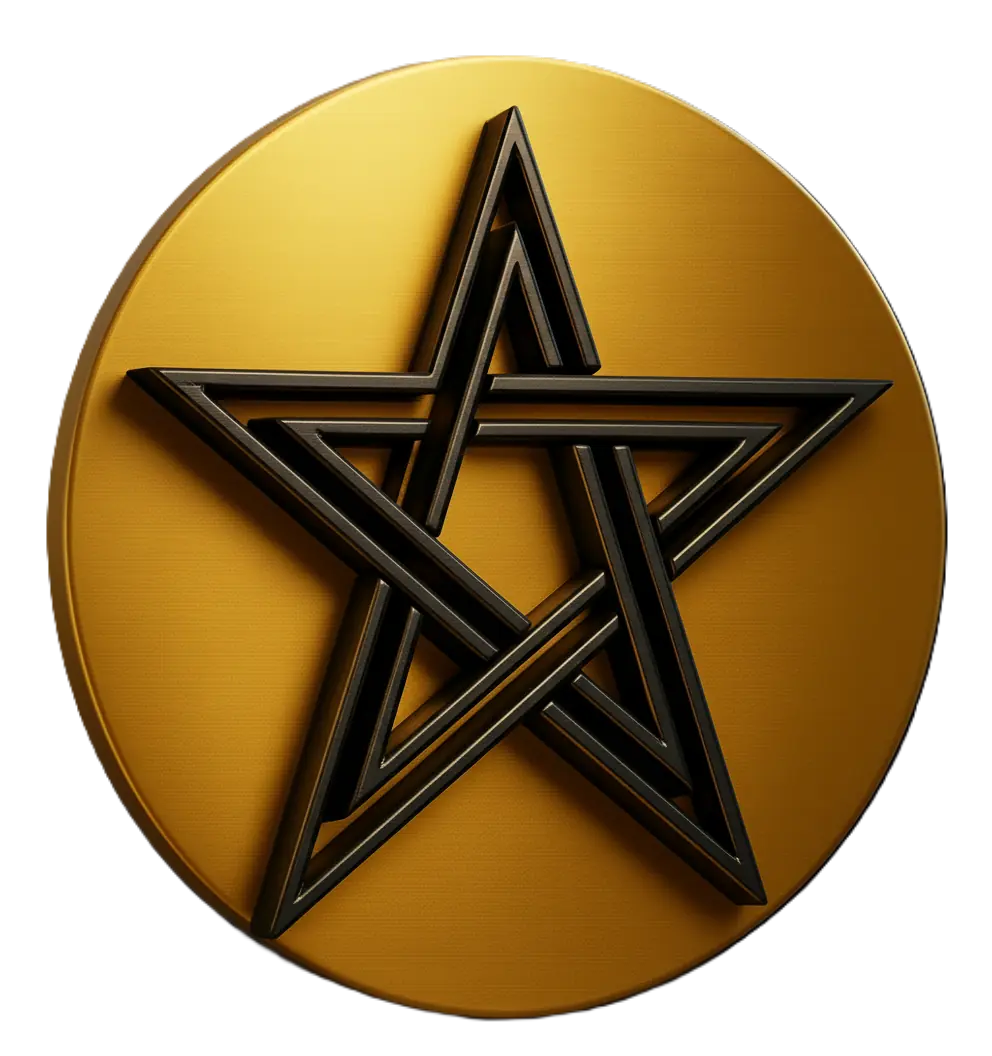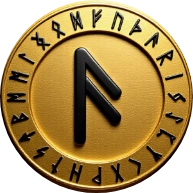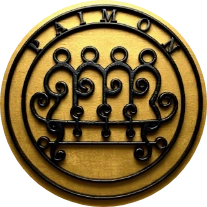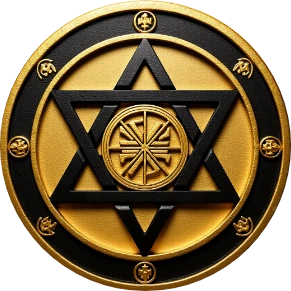Understanding Lilith in the Book of Isaiah
- Bran Alder

- Sep 7
- 4 min read
When it comes to ancient texts and spiritual symbolism, few figures spark as much curiosity and debate as Lilith. She’s often shrouded in mystery, misunderstood, and sometimes downright misrepresented. Today, I want to walk you through Lilith’s intriguing appearance in scripture, specifically focusing on her mention in the Book of Isaiah. If you’ve ever wondered who Lilith really is, why she’s in Isaiah, and what that means for your spiritual journey, you’re in the right place.
Let’s unpack this with clarity, a touch of wit, and enough insight to empower your understanding.
Lilith in Scripture: More Than Just a Name
First off, let’s get one thing straight: Lilith is not just some mythical creature from bedtime stories or a vague symbol of rebellion. She’s a complex figure whose roots dig deep into ancient Near Eastern mythology and biblical texts. Her name appears in various forms across different cultures, often associated with night spirits, independence, and sometimes, chaos.
In scripture, Lilith’s presence is subtle but significant. She’s not the main character, but her mention carries weight, especially for those of us who seek spiritual empowerment and a deeper understanding of feminine archetypes in sacred texts.
If you’re new to this, think of Lilith as a symbol of untamed spirit and autonomy—qualities that resonate deeply with anyone navigating personal transformation or seeking protection from spiritual deception.

Lilith in Scripture: The Context You Need
Now, before you jump to conclusions or start imagining Lilith as some villainous demon, let’s put her mention in Isaiah into context. The Book of Isaiah is a prophetic text filled with poetic imagery, warnings, and visions of justice and restoration. It’s not exactly a casual read, and every word is packed with meaning.
Lilith appears in Isaiah 34:14, a verse describing desolation and wilderness. The passage lists various creatures that will inhabit the ruined land, and Lilith is among them. This isn’t a random cameo; it’s a deliberate choice by the author to evoke a sense of eerie abandonment and supernatural presence.
Here’s the kicker: the Hebrew word translated as “Lilith” can mean “night creature” or “night monster.” So, is Lilith a literal being, a metaphor, or something in between? That’s where things get interesting.
For those of us who value authenticity and clarity, it’s crucial to recognize that Lilith’s mention here is layered. She embodies the wild, untamed forces that emerge when order collapses—forces that can be both feared and respected.

What is Lilith in the Book of Isaiah?
Alright, let’s get down to brass tacks. What exactly is Lilith in Isaiah? Is she a demon, a spirit, or just a poetic device?
The truth is, scholars and spiritual practitioners have debated this for centuries. The original Hebrew text uses the word “לִילִית” (Lilith), which some ancient translations render as “night creature” or “screech owl.” Others interpret her as a demonic figure associated with the night and chaos.
From a spiritual perspective, Lilith in Isaiah represents the shadow side of nature and humanity—the parts we often ignore or suppress. She’s the embodiment of independence and defiance, but also of danger and mystery.
If you’re on a path of personal empowerment, understanding Lilith’s role here can be transformative. She challenges us to confront our fears, embrace our wildness, and protect ourselves from spiritual harm. This is especially relevant when dealing with relationship issues or third-party interference, where boundaries and personal power are paramount.
For a deeper dive into this fascinating topic, I highly recommend checking out this detailed exploration of lilith in isaiah.

Practical Insights: How Lilith’s Symbolism Can Empower You
So, you’ve got the background, but what does this mean for your spiritual practice and daily life? Here are some practical takeaways:
Embrace Your Inner Wildness
Lilith reminds us that there’s power in embracing our untamed nature. Don’t be afraid to assert your boundaries or express your true self, especially in relationships.
Guard Against Spiritual Fraud
Just as Lilith represents forces that can be both protective and dangerous, be discerning about who you trust in your spiritual journey. Seek verified, ethical practitioners who respect your confidentiality and deliver real results.
Use Lilith’s Energy for Protection
Incorporate Lilith’s symbolism into your rituals or meditations to strengthen your spiritual defenses. Visualize her as a guardian of your personal space, warding off negative influences.
Explore Group Rituals and Workshops
Engaging with a community that understands Lilith’s significance can deepen your connection and provide support. Look for online events or workshops that focus on feminine power and spiritual growth.
Stay Curious and Educated
Keep reading, asking questions, and exploring. The more you understand Lilith’s role in scripture and mythology, the more empowered you’ll feel navigating your spiritual path.
Remember, Lilith is not a figure to fear but one to understand and integrate. She’s a reminder that spiritual growth often involves facing the unknown and owning your power.
Expanding Your Spiritual Horizons with Lilith
If you’re ready to take your spiritual journey to the next level, consider how Lilith’s story can inspire innovation in your practice. Whether it’s through digital tools like psychic auto-readers, personalized spellcasting, or interactive group rituals, there’s a wealth of ways to connect with her energy.
Building a community around these themes can also be incredibly rewarding. Sharing experiences, insights, and support helps create a safe space where authenticity thrives. Plus, it’s a great way to stay motivated and accountable on your path.
And don’t forget the importance of client support and feedback. Whether you’re seeking guidance or offering it, consistent, compassionate communication is key to growth and trust.
Embracing Lilith’s Legacy in Your Spiritual Practice
Lilith’s presence in scripture, especially in Isaiah, is a powerful reminder that spiritual empowerment comes from understanding both light and shadow. She challenges us to be bold, discerning, and authentic.
By integrating Lilith’s symbolism into your spiritual toolkit, you’re not just honoring an ancient figure—you’re stepping into a legacy of strength and transformation. This is your invitation to explore, protect, and grow with confidence.
So, next time you encounter Lilith in your studies or rituals, remember: she’s not just a footnote in scripture. She’s a beacon for those ready to claim their power and navigate life’s challenges with clarity and courage.
If you want to explore more about Lilith’s fascinating role in biblical texts, don’t hesitate to visit this insightful resource on lilith in isaiah. It’s a treasure trove of knowledge for anyone serious about spiritual growth and protection.
Happy exploring!






Comments